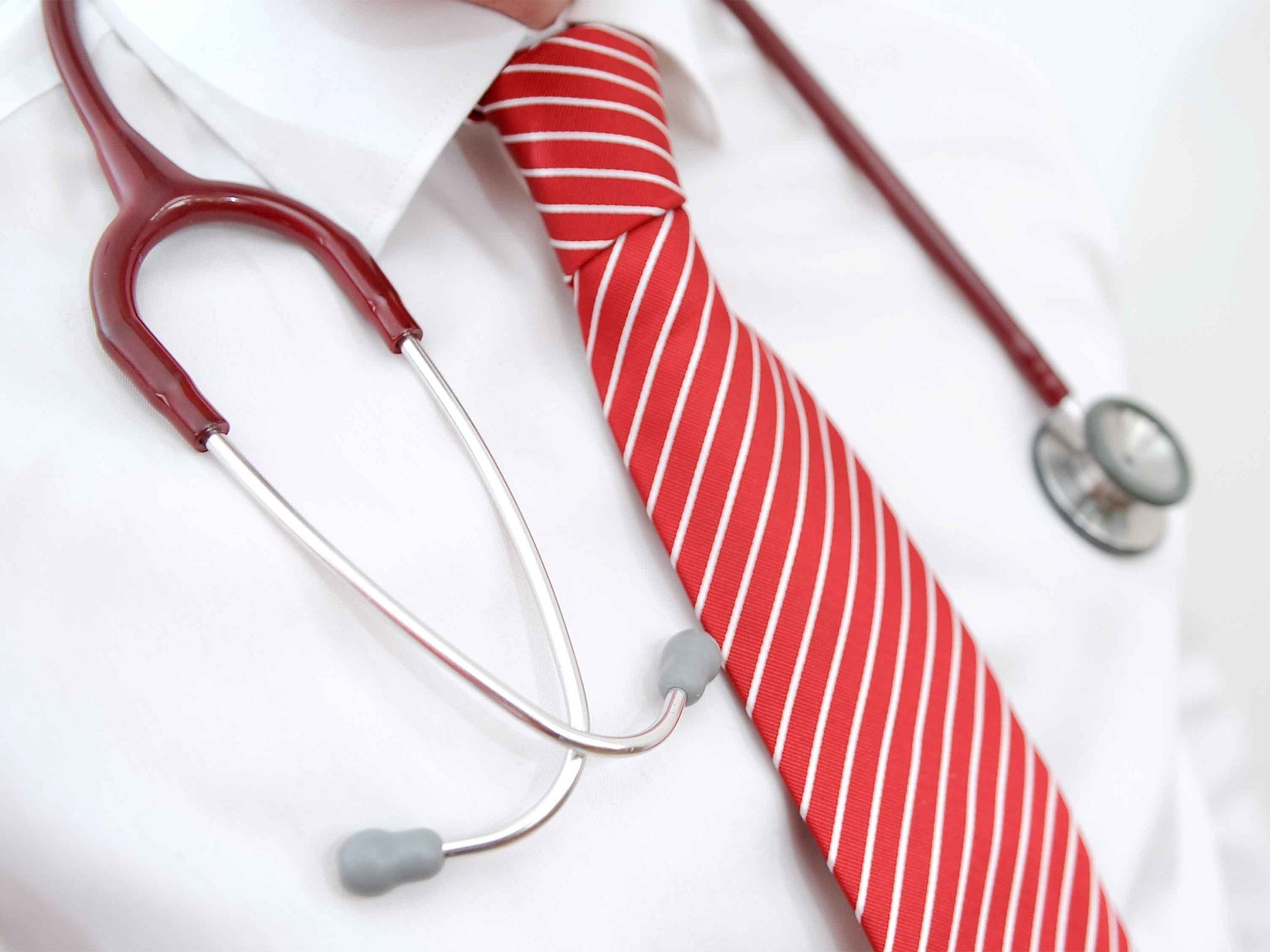Report: GPs on call at A&E could reduce pressure on services
As many as 15 per cent of patients who come to A&E could be treated by GPs

Your support helps us to tell the story
From reproductive rights to climate change to Big Tech, The Independent is on the ground when the story is developing. Whether it's investigating the financials of Elon Musk's pro-Trump PAC or producing our latest documentary, 'The A Word', which shines a light on the American women fighting for reproductive rights, we know how important it is to parse out the facts from the messaging.
At such a critical moment in US history, we need reporters on the ground. Your donation allows us to keep sending journalists to speak to both sides of the story.
The Independent is trusted by Americans across the entire political spectrum. And unlike many other quality news outlets, we choose not to lock Americans out of our reporting and analysis with paywalls. We believe quality journalism should be available to everyone, paid for by those who can afford it.
Your support makes all the difference.A&E departments should relieve pressure on emergency staff by having GPs on hand to see patients with less serious health problems, leading doctors have said.
The College of Emergency Medicine said that as many as 15 per cent of patients who come to A&E could be treated by GPs.
Emergency departments are currently facing unprecedented demand, with hospital admissions hitting record levels even before the onset of additional winter pressures.
Many hospitals have urged patients to stay away from A&E unless their condition is life-threatening.
However, the CEM said that, rather than blaming patients for attending A&E when they are having problems accessing alternatives – such as GP care – hospitals should bring the GPs to the patients.
“Efforts to encourage patients to seek assistance over the phone or to go elsewhere over the past 15 years have not reduced the flow of people to A&Es,” the College said in a new report. “So we believe the issue should be dealt with by positioning services where the patient is attending, by collocating Primary Care [GP] facilities with A&Es.”
The report, which sets out four key steps for improving A&E services, warns that despite a recruitment drive, staffing at A&E departments remains “insufficient to deal with the rising numbers of patients seeking urgent and emergency care”, and that poor working conditions is leading to a “leaching of talent to Australia and New Zealand”.
The cost to the NHS of training doctors who go on to emigrate to Australia alone is £130m, the College estimates.
A looming winter crisis at A&Es in England has led to calls for the Government in Westminster to include a major funding boost for the NHS in next week’s autumn budget statement. New figures released in recent days reveal that NHS hospitals’ collective deficit has expanded to £630m, halfway through the financial year.
The King’s Fund think tank urged George Osborne to increase spending on health by £2bn, warning that a financial crisis for the NHS is “inevitable” next year if no extra money is found, and that patients would bear the cost in higher waiting times and poorer quality care.
The leader of Britain’s doctors warned MPs that pressure on services had reached “a critical point”.
Dr Mark Porter, chair of the British Medical Association told the House of Commons Health Select Committee that financial hardship would be felt by patients.
"If we want to maintain universal healthcare then, put simply, the NHS needs more money,” he said.
Join our commenting forum
Join thought-provoking conversations, follow other Independent readers and see their replies
Comments